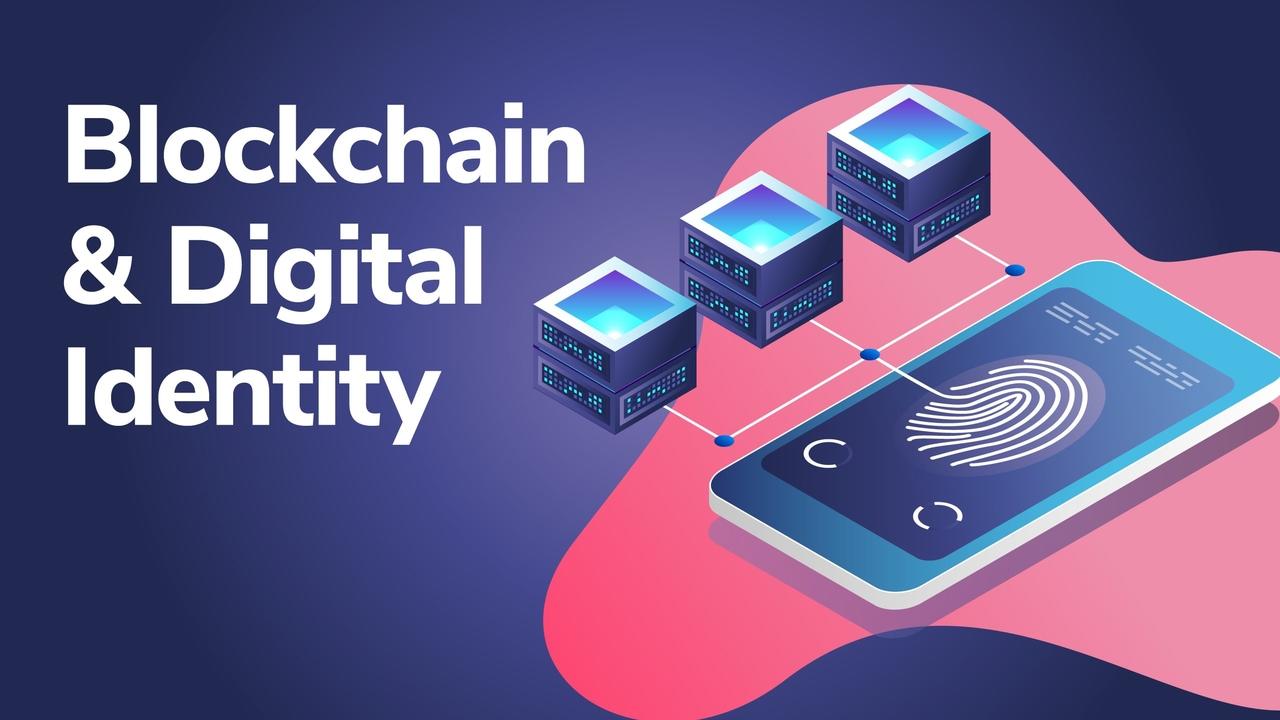What Is A Digital Identity In Blockchain And How Does It Work
In today’s digital age, the concept of identity has taken on a whole new level of significance. We’re no longer just talking about physical attributes like our face, height, and fingerprints, but also our online presence, social media profiles, and digital footprints. This is where the concept of digital identity comes in, and blockchain technology is revolutionizing the way we think about it.

- Decentralized Cloud Computing And The Rise Of Crypto A New Era In Data Storage
- Strengthening The Foundations Of Crypto Security A Guide To Safeguarding Your Blockchain Transactions
- The Rise Of Central Bank Digital Currencies Cbdcs
- Protecting Your Digital Legacy: A Guide To Securing Your NFTs In 2024
- Navigating The Wild West Of Crypto Trading: A Beginner’s Guide To Safe Trading With Stop Loss Orders
Imagine having complete control over your personal data, being able to decide who gets to access it, and how it’s used. That’s exactly what a digital identity in blockchain promises to deliver. But before we dive into how it works, let’s first understand what digital identity means in the context of blockchain.
In simple terms, a digital identity refers to a unique set of attributes, credentials, and characteristics that identify an individual or entity online. This can include anything from our name, address, and contact details to our driving license, passport number, and social media profiles. The goal of a digital identity is to create a secure and transparent way to verify our online presence, without relying on intermediaries or centralized authorities.
Now, let’s talk about how blockchain technology comes into play. In a blockchain-based digital identity system, users have complete control over their personal data, which is stored in a secure, decentralized database called a blockchain. This database is maintained by a network of nodes, rather than a single central authority, which makes it virtually unhackable.
Here’s how it works:
- Self-Sovereign Identity: In a blockchain-based digital identity system, users create their own digital identity, which is unique to them. This identity is created through a process called self-sovereign identity, where users have complete control over their personal data.
- Data Storage: The user’s digital identity is stored on a blockchain, which is a decentralized, distributed database. This means that the data is not stored in a single location, but is instead scattered across a network of nodes.
- Encryption: The data is encrypted, using advanced cryptography techniques, to ensure that only authorized parties can access it.
- Access Control: Users have complete control over who gets to access their data, and how it’s used. They can grant or revoke access to their data, at any time, using digital certificates or tokens.
- Verification: When a user needs to verify their identity online, they can use their digital identity to do so. This is done through a process called authentication, where the user’s digital identity is matched with their physical identity.
The benefits of a blockchain-based digital identity system are numerous. For one, it provides users with complete control over their personal data, which is a fundamental right in today’s digital age. It also provides a secure and transparent way to verify our online presence, without relying on intermediaries or centralized authorities.
Another benefit is that it reduces the risk of identity theft and cybercrime. Since users have complete control over their data, they can prevent unauthorized parties from accessing it. Additionally, the use of advanced cryptography techniques makes it virtually impossible for hackers to steal or manipulate user data.
In conclusion, a digital identity in blockchain is a revolutionary concept that provides users with complete control over their personal data. By using advanced cryptography techniques, encryption, and access control, blockchain technology is transforming the way we think about digital identity. With the rise of decentralized technologies, we can expect to see a future where our digital identity is secure, transparent, and under our complete control.
The potential applications of blockchain-based digital identity systems are vast. From secure online transactions and identity verification to data protection and cybersecurity, the possibilities are endless. As we move forward in this digital age, it’s clear that blockchain technology will play a major role in shaping our online presence and protecting our digital identity.
